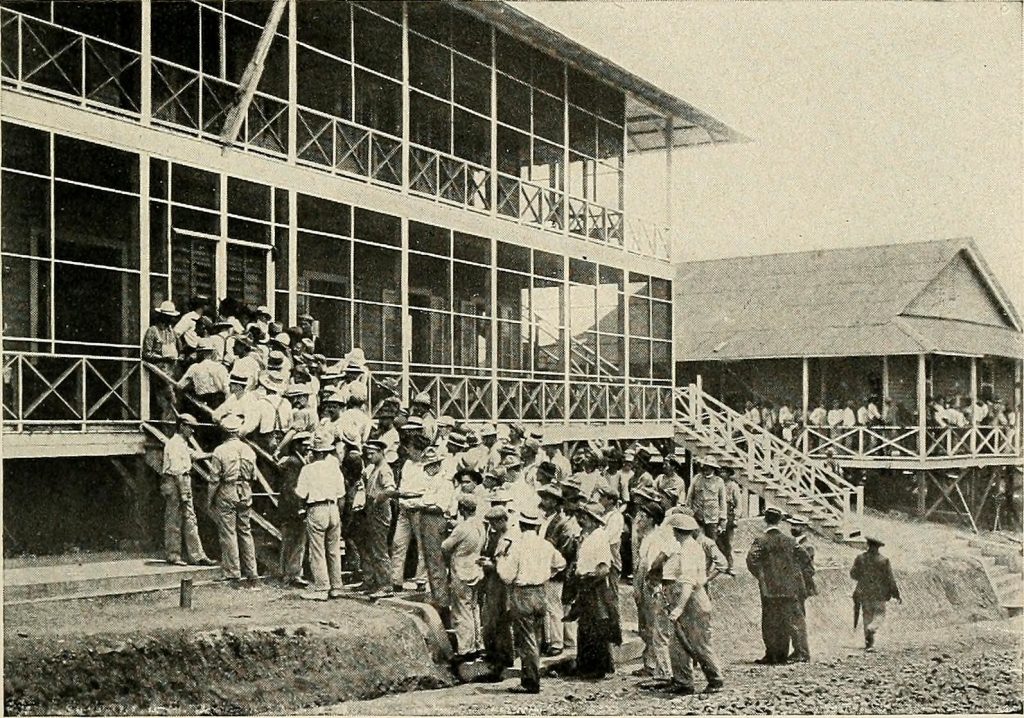
This source comes from a larger book written by Meikle, written to explain the potential consequences of Jamaica being annexed by the United States. Meikle was a Jamaican himself, and had both studied in the United States at Howard University and worked in the Panama Canal Zone. Using his experience in Panama, Meikle argued in this work that the United States would try to impose racial segregation in it’s future annexations in the same way it had in the Panama Canal Zone.
The United States gained the authority to create the Panama Canal Zone at the turn of the 20th century after encouraging and assisting Panama in gaining independence from Columbia. Meikle’s work was written about a decade after the United States began occupying and working on the Canal Zone. A majority of the manual laborers in the Panama Canal Zone were black, many of them coming from Jamaica. These manual laborers were paid in silver pesos, instead of the gold ones the white Europeans and Americans who made up most of the region’s management and white-collar positions received. The silver pesos black laborers were paid in weren’t accepted as payment in many stores and establishments, meaning that they were effectively white-only spaces. In this work, Meikle argues that being annexed by the Americas, and the possible benefits from it, would not be worth the racism that would likely be used against the mostly black population of Jamaica. This work also speaks to a broader anxiety held by many people in the countries the United States was occupying or in some way influencing over the racism the United States could bring to their predominantly non-white populations.
Source:
Meikle, Louis S. “With the Americans You Must Be White!” 1912. In American Empire at the Turn of the Twentieth Century, edited by Kristen L Hoganson, 135–37. Bedford/St. Martin’s, 2017.